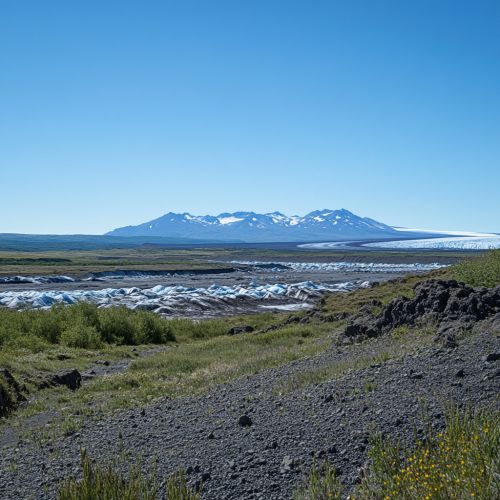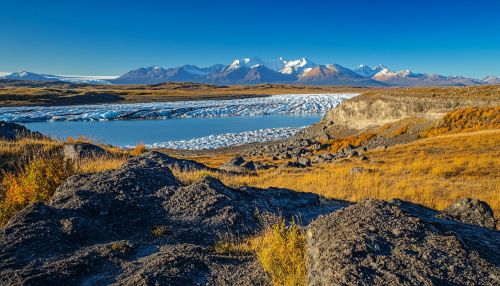Frederick G. W. Thwaites
Early Life and Education
Frederick G. W. Thwaites was a prominent figure in the field of geology, particularly known for his contributions to the understanding of glacial geology and geomorphology. Born in the late 19th century, Thwaites grew up during a time when the scientific community was rapidly expanding its understanding of Earth's processes. His early education was marked by a keen interest in natural sciences, which he pursued at a prestigious university, earning degrees in both geology and geography.
Thwaites' academic journey was characterized by a strong foundation in classical geology, where he was exposed to the works of pioneering geologists such as Charles Lyell and James Hutton. His education was further enriched by fieldwork, which was a critical component of geological studies at the time. This hands-on experience was instrumental in shaping his future research directions.
Academic Career and Contributions
Thwaites began his academic career as a lecturer in geology, where he quickly gained a reputation for his engaging teaching style and deep knowledge of the subject. His research interests were primarily focused on the Pleistocene epoch, a period marked by repeated glaciations that significantly shaped the Earth's surface.
One of Thwaites' most significant contributions was his work on the Laurentide Ice Sheet, a massive ice sheet that covered much of North America during the last glacial maximum. Through meticulous field studies and analysis, he provided insights into the dynamics of ice sheet movement and its impact on the landscape. His research helped to elucidate the processes of glacial erosion and deposition, contributing to the broader understanding of glacial geomorphology.


Research on Glacial Geology
Thwaites' research extended beyond the Laurentide Ice Sheet to include studies on glacial till, moraines, and other depositional features associated with glaciation. He was particularly interested in the stratigraphy of glacial deposits, which provided valuable information about past climatic conditions and the history of glaciation in North America.
His work on glacial till was groundbreaking, as he developed new methods for analyzing its composition and distribution. Thwaites' research demonstrated that glacial till could be used as a tool for reconstructing past ice flow patterns and understanding the dynamics of ice sheet advance and retreat. This work laid the foundation for future studies in paleoclimatology and Quaternary science.
Influence on Geomorphology
In addition to his contributions to glacial geology, Thwaites made significant strides in the field of geomorphology. He was particularly interested in the processes that shape the Earth's surface, such as erosion, weathering, and sediment transport. His research in this area was characterized by a multidisciplinary approach, integrating principles from hydrology, sedimentology, and tectonics.
Thwaites' work on river systems and their role in landscape evolution was particularly influential. He conducted extensive studies on river terraces and floodplains, providing insights into the complex interactions between fluvial processes and tectonic activity. His research helped to advance the understanding of river dynamics and their impact on landscape development.
Legacy and Impact
Frederick G. W. Thwaites' contributions to geology and geomorphology have left a lasting legacy in the scientific community. His work not only advanced the understanding of glacial and geomorphic processes but also inspired future generations of geologists to explore these fields further. Thwaites' research continues to be cited in contemporary studies, highlighting the enduring relevance of his findings.
His commitment to education and mentorship also had a profound impact on the field. Many of his students went on to become prominent geologists, carrying forward his passion for research and teaching. Thwaites' influence is evident in the numerous geological societies and organizations that continue to promote research in glacial geology and geomorphology.
